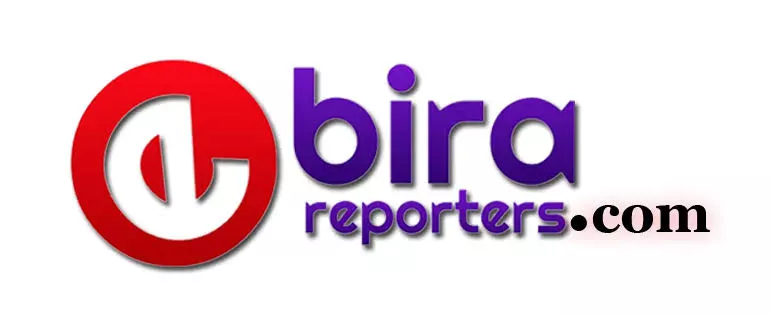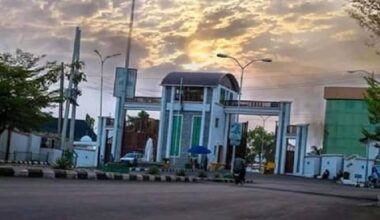By Hamza Yakubu
Boosting Nigeria’s Internally Generated Revenue (IGR) through aggressive taxation may seem like a quick fix to the country’s economic woes, but in reality, it could be a disastrous move that fails to address the root causes of the issue.
The current approach of squeezing every penny out of the pockets of individuals and businesses might provide a temporary cash infusion, but at what cost? Increasing tax rates and expanding the tax base may provide a short-term revenue boost, it could ultimately stifle economic growth and deter investment. Aggressive taxation can burden businesses, prospering and many hungry survivors around, leading to reduced spending, lower consumption levels, and ultimately, a slowdown in economic activity.
What Nigeria truly needs to focus on is boosting its Gross Domestic Product (GDP) – the value of all goods and services produced in the country. By encouraging productivity, investment, and innovation, the country can create sustainable economic growth and increase its revenue base in a more organic and long-lasting way.
Turning to aggressive taxation as a quick fix is like putting a band-aid on a broken bone. It might cover up the problem for a little while, but it won’t heal the underlying fractures. Relying solely on aggressive taxation as a revenue-generation strategy is a shortsighted approach that could have detrimental effects on the economy. It is crucial for Nigeria to prioritize policies that foster economic development and create a conducive environment for businesses to thrive, rather than resorting to quick-fix solutions that may do more harm than good in the long run.
If we must get it right as a nation, let’s shift the narrative from aggressive taxation to smart economic policies, we must shift our focus from all these aggressive taxation to a more holistic approach that promotes economic growth, job creation, and sustainable development. Only then can the country truly boost its IGR and secure a prosperous future for its citizens.





